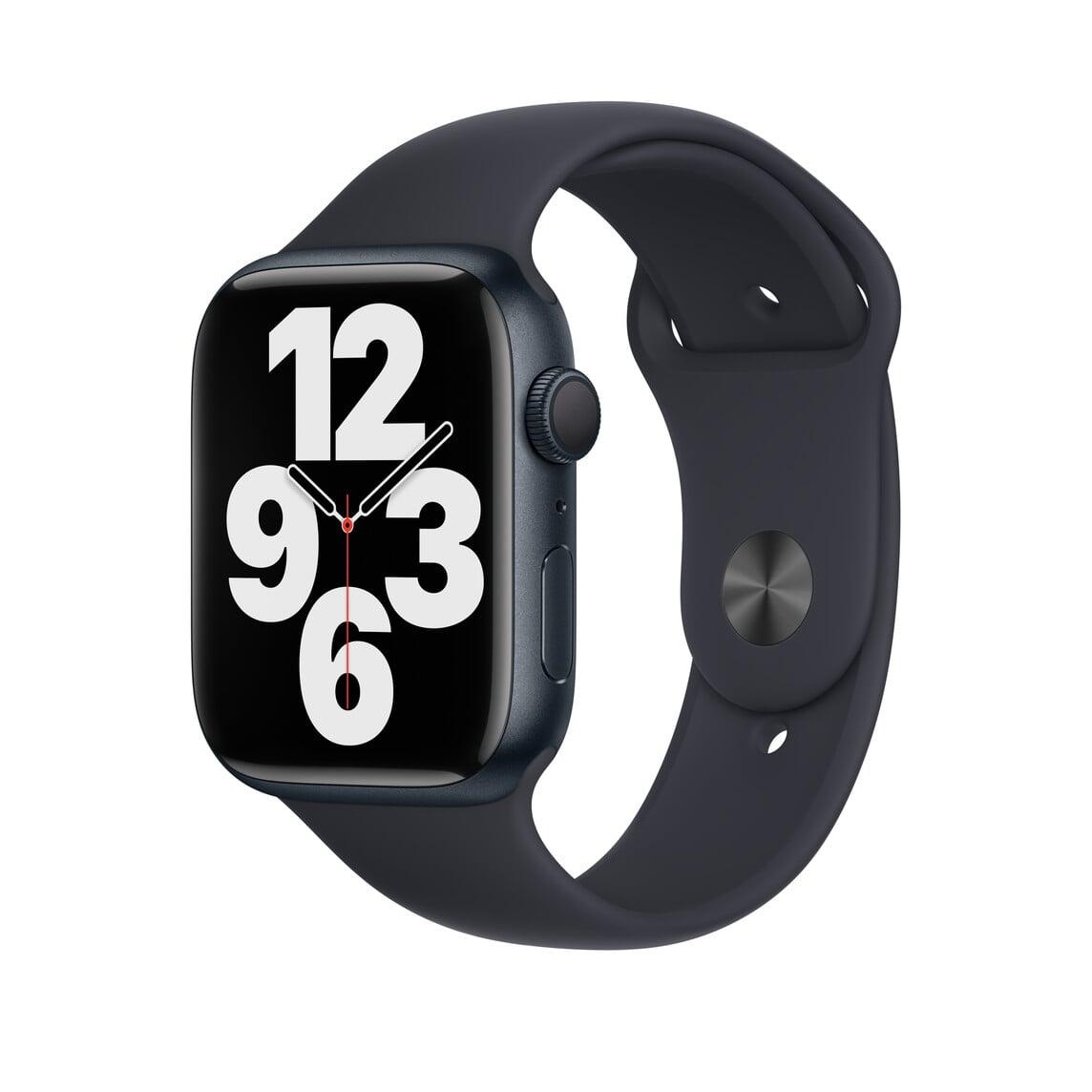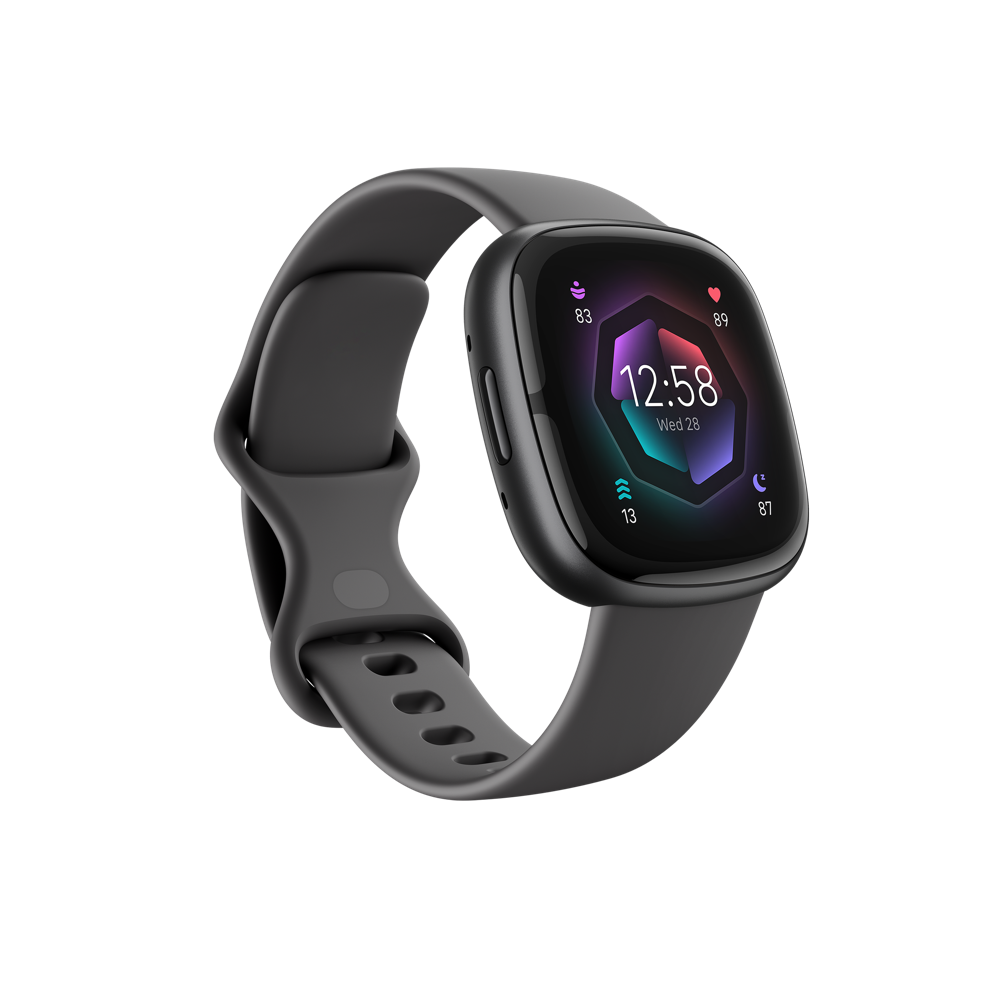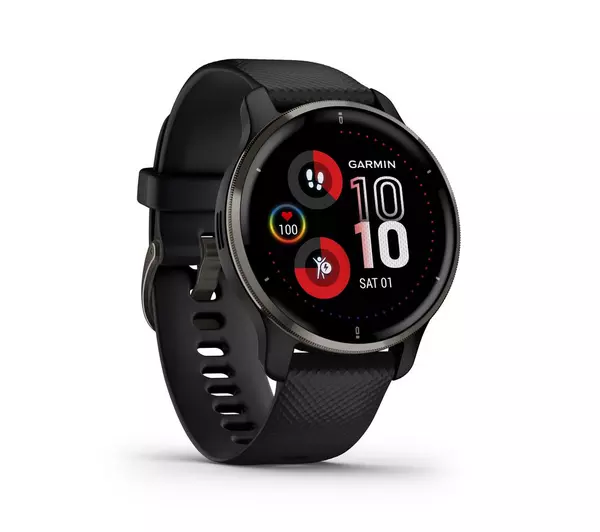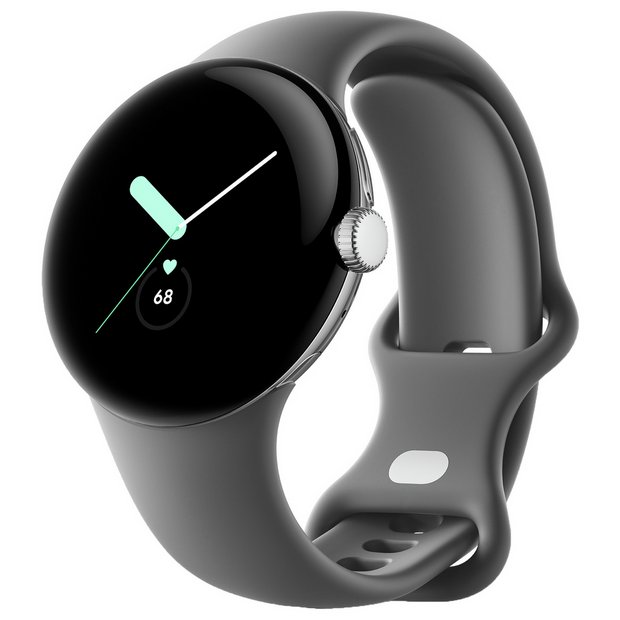What is Atrial Fibrillation?

According to Heart Research UK, "Atrial fibrillation (AF) is the most common heart rhythm problem and is thought to affect around 2 million people in the UK." It causes an irregular and fast heartbeat, which makes the heart pump poorly. As a result, blood clots may form inside the heart and, if they travel to the brain, can lead to an AF-related stroke.
The risk of stroke in patients with AF is five-fold higher than in people with normal rhythm. AF sometimes has symptoms including palpitations (feeling as if your heart is fluttering, thumping or skipping a beat), fatigue, feeling breathless or having chest pain.
Who can get Atrial Fibrillation ?
AF can happen to anyone, including people who are otherwise fit and well. It usually affects adults, and your risk goes up with age. It’s more common in men, and people with conditions such as heart disease, diabetes, obesity, overactive thyroid, and high blood pressure. It’s also more common in smokers.
How do I know I have it?
Atrial fibrillation often has no symptoms. Because of this, you might only find out you have AF during a routine medical check-up or after a stroke. AF sometimes has symptoms including palpitations (feeling as if your heart is fluttering, thumping or skipping a beat), fatigue, feeling breathless or having chest pain.
If you are having symptoms or notice an abnormal pulse, contact your GP or stroke nurse. If you are having worrying symptoms such as chest pains, call 999.
How can Atrial Fibrillation cause a stroke?
Normally, blood flows into the heart, and gets fully pumped out every time the heart beats. But in AF, blood can pool inside the heart. A clot can form in the blood and then travel up to the brain, causing a stroke.
Reducing your risk of stroke with Atrial Fibrillation
If you have AF, your doctor will discuss with you whether you need treatment to reduce your risk of stroke. The main treatment is a blood thinning medication called an anticoagulant. You may also be offered treatment to help your heart beat more effectively. This can include medication or surgical procedures to restore heart rhythm.
How can wearable devices detect AF?
Wearable devices such as the most common Smart Watch track physical activity done by the body through the use of their built-in activity sensors, and some even have blood pressure monitor sensors. The heart rate is monitored during this process, therefore indicating if exercise is in progress.
AF as an irregular or fast heartbeat can therefore be detected from the Smart Watch or other wearable device, and users can flag this symptom to their GP or other health professional to find out what the cause is. This in turn limits the possibility of developing other conditions such as a heart attack or stroke as early intervention is paramount.
Wearable Devices
1. Apple Watch

Irregular rhythm notifications use the optical heart sensor to detect the pulse wave at the wrist and look for variability in beat‑to‑beat intervals when the user is at rest. If the algorithm repeatedly detects an irregular rhythm suggestive of AF, the patient will receive a notification and the date, time and beat‑to‑beat heart rate will be recorded in the Health app.
2. Fitbit Sense Watch

An electrocardiogram (ECG or EKG) is a test that measures your heart’s electrical activity. Fitbit’s ECG app records those electrical signals and looks for signs of AFib.
3. Samsung Galaxy Watch

Alongside the on-demand ECG tracking, the Irregular Heart-rate Notification (IHRN) feature checks for irregular heart rhythms in the background and warns the user of potential AFib activity. Together with the existing Blood Pressure and Heart Ratemonitoring, users can gain even deeper insights into their cardiovascular health.
4. Garmin Venu 2 Plus Watch

The ECG app uses sensors on the Venu2 Plus smartwatch to record the electrical signals that control how your heart beats. This recording is known as an electrocardiogram, or ECG. The ECG app analyzes the recording to get your heart rate and detect signs of an irregular heart rhythm called AFib.
5. Google Pixel Watch

Although the Google Pixel watch does NOT yet have AF notifications, a different Google Pixel Watch feature has recently begun to roll out to the wearable: Fall Detection. This tool can detect a hard fall, triggering an alert asking you if you wish to dial for emergency services.
If you are interested in getting to know more about Atrial Fibrillation follow the link below

